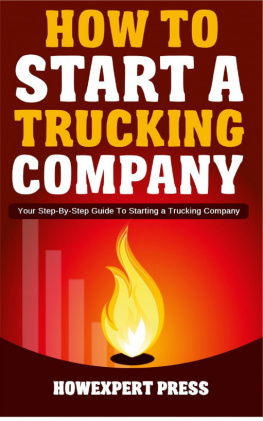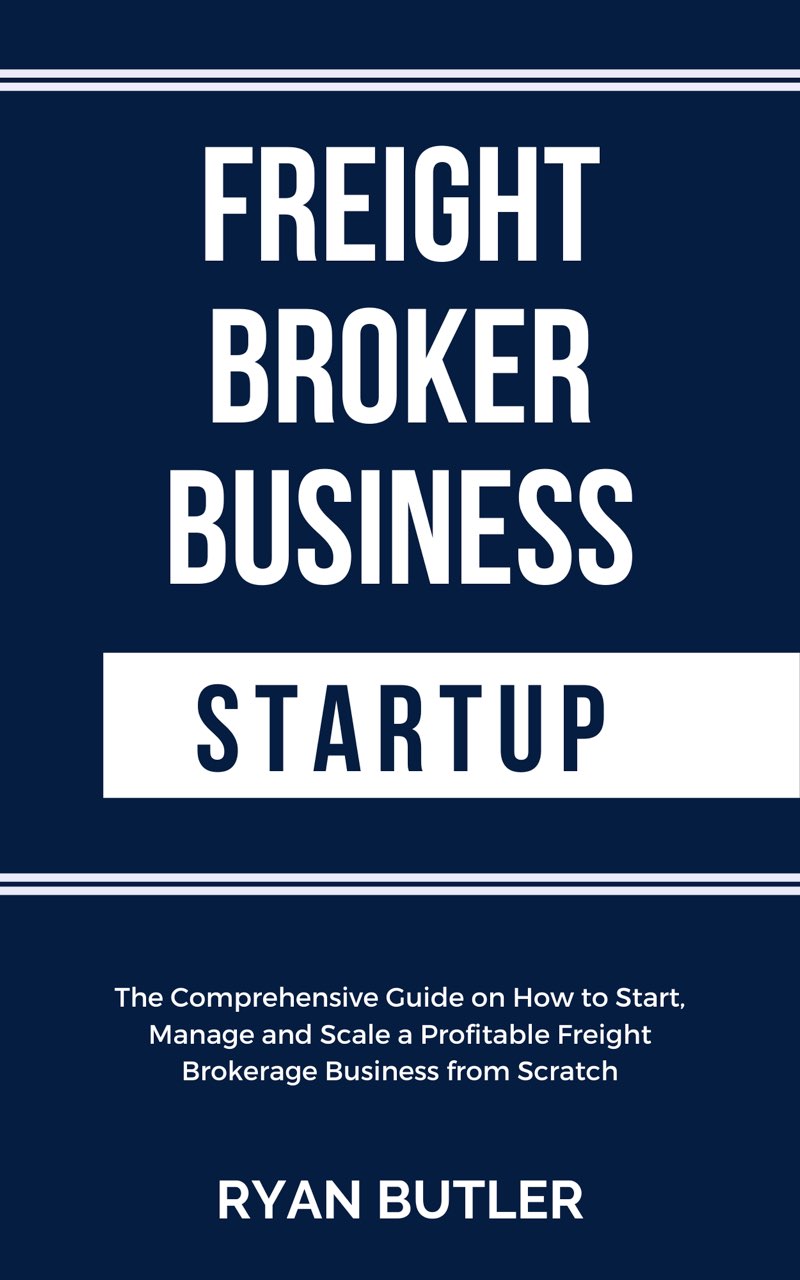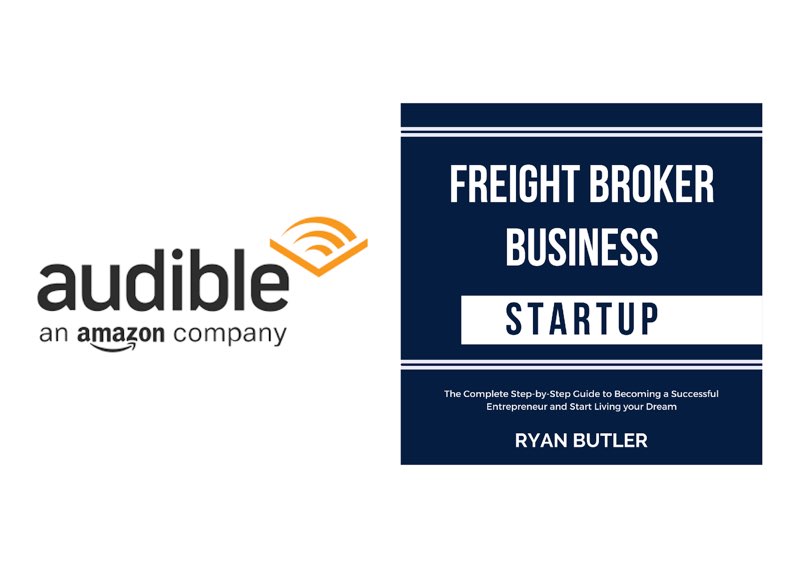The content contained within this book may not be reproduced, duplicated or transmitted without direct written permission from the author or the publisher.
Under no circumstances will any blame or legal responsibility be held against the publisher, or author, for any damages, reparation, or monetary loss due to the information contained within this book, either directly or indirectly.
This book is copyright protected. It is only for personal use. You cannot amend, distribute, sell, use, quote or paraphrase any part, or the content within this book, without the consent of the author or publisher.
Please note the information contained within this document is for educational and entertainment purposes only. All effort has been executed to present accurate, up to date, reliable, complete information. No warranties of any kind are declared or implied. Readers acknowledge that the author is not engaged in the rendering of legal, financial, medical or professional advice. The content within this book has been derived from various sources. Please consult a licensed professional before attempting any techniques outlined in this book.
By reading this document, the reader agrees that under no circumstances is the author responsible for any losses, direct or indirect, that are incurred as a result of the use of the information contained within this document, including, but not limited to, errors, omissions, or inaccuracies.
Introduction
Life can be hectic, especially with the daily routine and commitments meant to secure income. It can also be frustrating if the job does not provide the level of financial security expected. A hand-to-mouth survival scenario and ever-shrinking me time are good reasons to start considering another route, which is more lucrative financially while presenting flexibility through buying your freedom.
Freight brokerage is one such opportunity, which can make you regret why you had not considered it earlier. You might be wondering, well, what does it entail, and how do I start? This book was compiled as a manual for building your freight brokerage company from the ground up.
A freight broker is an intermediary individual or company that enhances business collaboration between shippers and carriers (Mangubat, 2020).
Shippers are the owners of goods or commodities that need to be conveyed from point A to point B, while the carriers are authorized to do the business of transporting the goods or commodities by road, water, rail, or air.
The freight broker is responsible for identifying the right carriers for the commodities that need to be transported, engage in the relevant negotiations with the carriers of choice, and oversee transportation to ensure they reach their destination in good condition and on time. With their technical know-how, freight brokers increase the efficiency of the supply chain.
A freight broker is not a freight agent, although these two terms are often intertwined due to overlaps in their functionalities. Before getting into it, I want to shed light on ways to spot the difference.
Freight Agent
Often, a freight agent works with a broker, who holds a valid license for brokerage services. The agent is paid based on commission from sales by the freight broker. This revenue also goes to the broker as the agent operates under the name, freight insurance, credibility, license, and surety bond of the freight broker.
The roles of the freight agent are divided into three parts: sales, transport logistics, and customer service (Marissa, 2019). The freight agent is more like a salesperson who is mainly accountable for scouting for new customers in various ways, such as cold-calling. Together with polishing relationships of existing customers, increases the sales for both the agent and broker. In addition to these tasks, freight agents also keep freight rates handy, identify the available carriers, source the best option, dispatch trucks, as well as resolving issues that arise concerning transportation.
Freight Broker
The financial aspects of the business from invoicing the shippers through to paying the agents, are shouldered by the freight broker. However, all the tasks that are completed by the freight agents are normally designated as having been done by the freight broker, on the basis that the agent works under the broker. Therefore, you will notice that most of the time, we do not talk about the agent, even on roles that we mentioned earlier as belonging to the agent.
For a freight broker to operate, they need to be licensed. An agent uses the accreditation of the broker to operate. The broker assumes liability of the credits by customers, as well as any other challenges which accompany the transportation of the commodities. This is because their operation is endorsed by a surety bond. Again, this is not the case with the agent, who has little, if any responsibility, of the creditability of the customers.
Benefits of the Freight Brokerage Business
Flexibility
If your dream is to have flexible working conditions, you will find freight brokerage attractive. Alternatively, do you get agitated and derive negative interpretations from answering to a boss? If, yes, then the independence that comes with being a freight broker is undeniable. The 21st century is characterized by busy schedules, which deprive individuals and families of the time which they need for themselves. With freight brokerage, work-life balance is achievable.
Rising Income
Freight brokerage offers lucrative returns especially for self-motivated individuals and this places them in financially sound positions. This is possible because monthly earnings are not fixed. They depend on how hard you are willing to work and hands-on productivity. The more you work, the more money you earn, thereby raising the potential for higher earnings; more than you would expect from your average job.
The 2017 statistics of the market size of the freight and logistics in North America reported that the market is worth $780 billion. With a compound annual growth rate (CAGR) of 2.63%, the market is forecasted to grow to $912 billion by 2023 (Mordor Intelligence, n.d). On average, freight brokers earn $63,764 annually, while some earn as much as $90,000 to $200,000 per year (Weisbrot, 2020) and are above the average US national salary. Additionally, freight brokers can earn $28,400 on commission alone each year (Indeed.com, 2020).
It is important to note that yearly earnings are a factor of experience, reputation, and the size of a team. Freight brokers who work with a larger team of agents are likely to accrue higher profits from sales as a result of combined effort.
Potential for Exponential Growth
As customers increase, there are more chances for the business to grow. This involves a lot of dedication on the part of the broker. With time, the business can be turned into a family business by fitting family members into positions where unity will grow the business.









